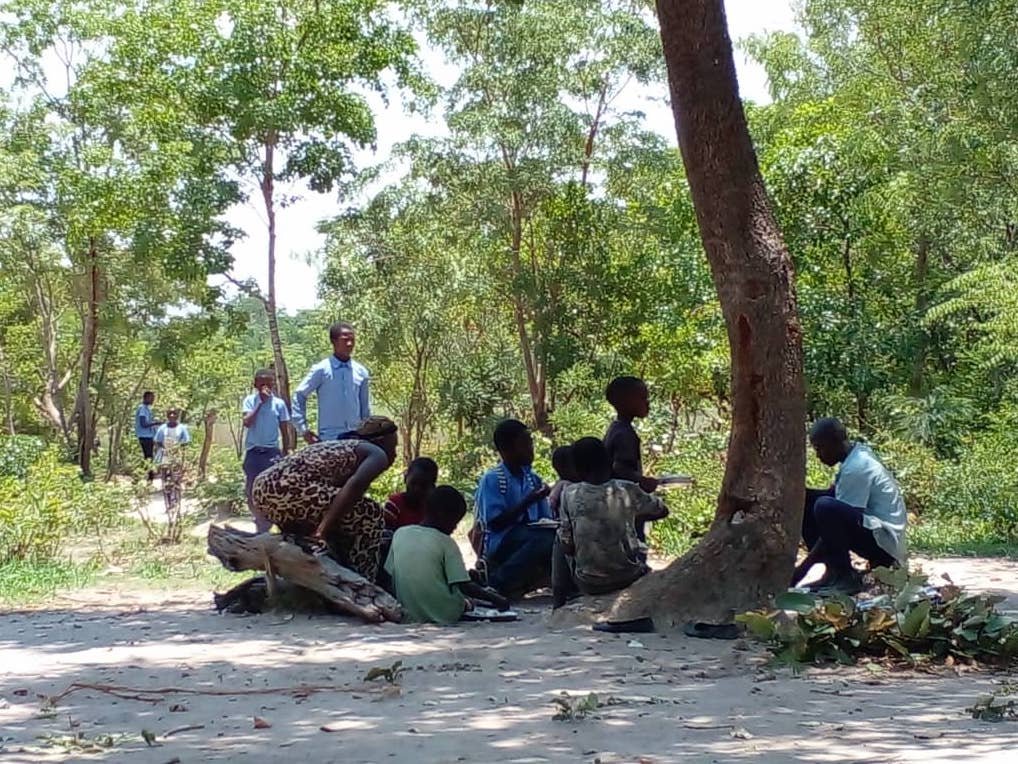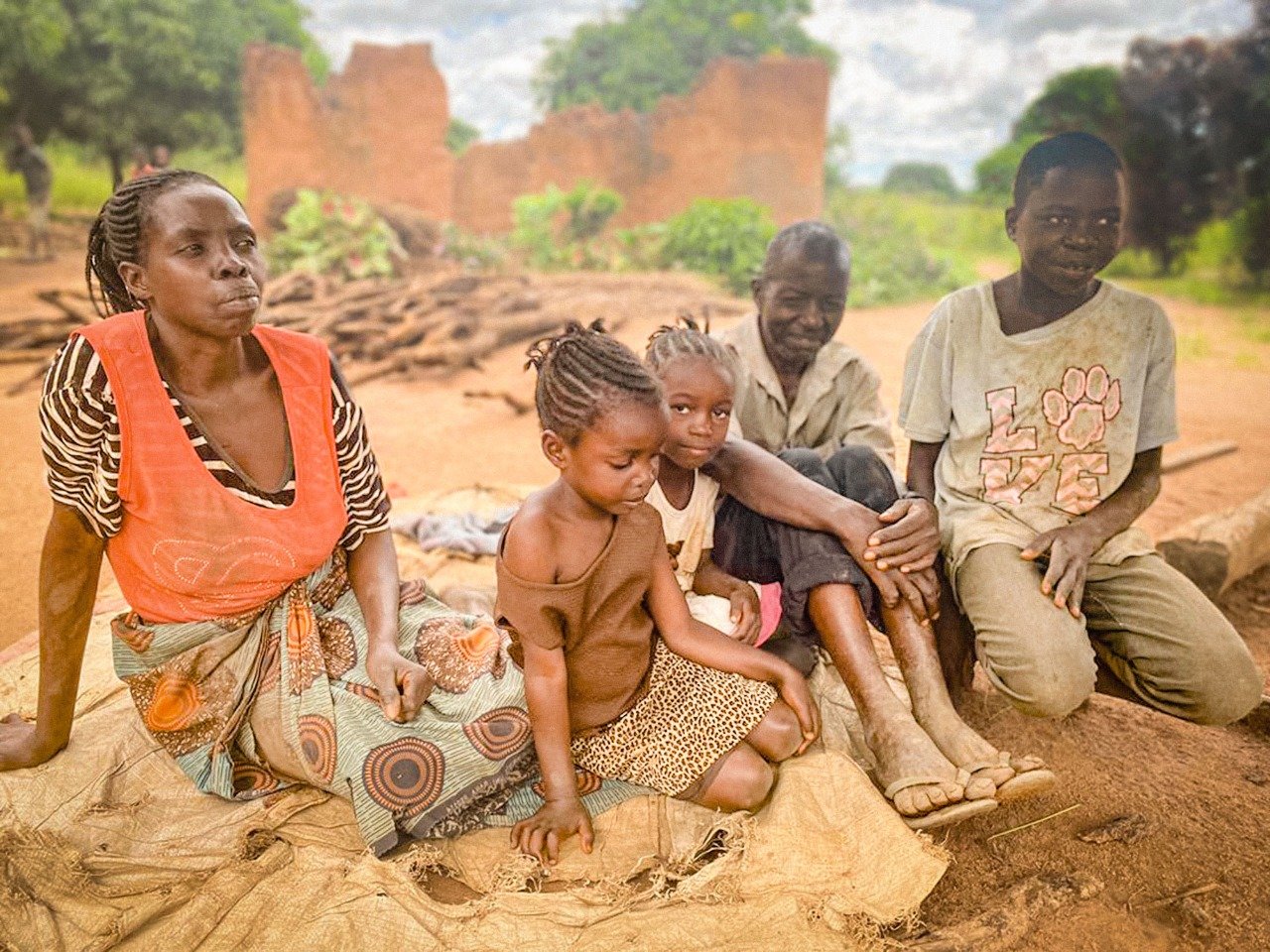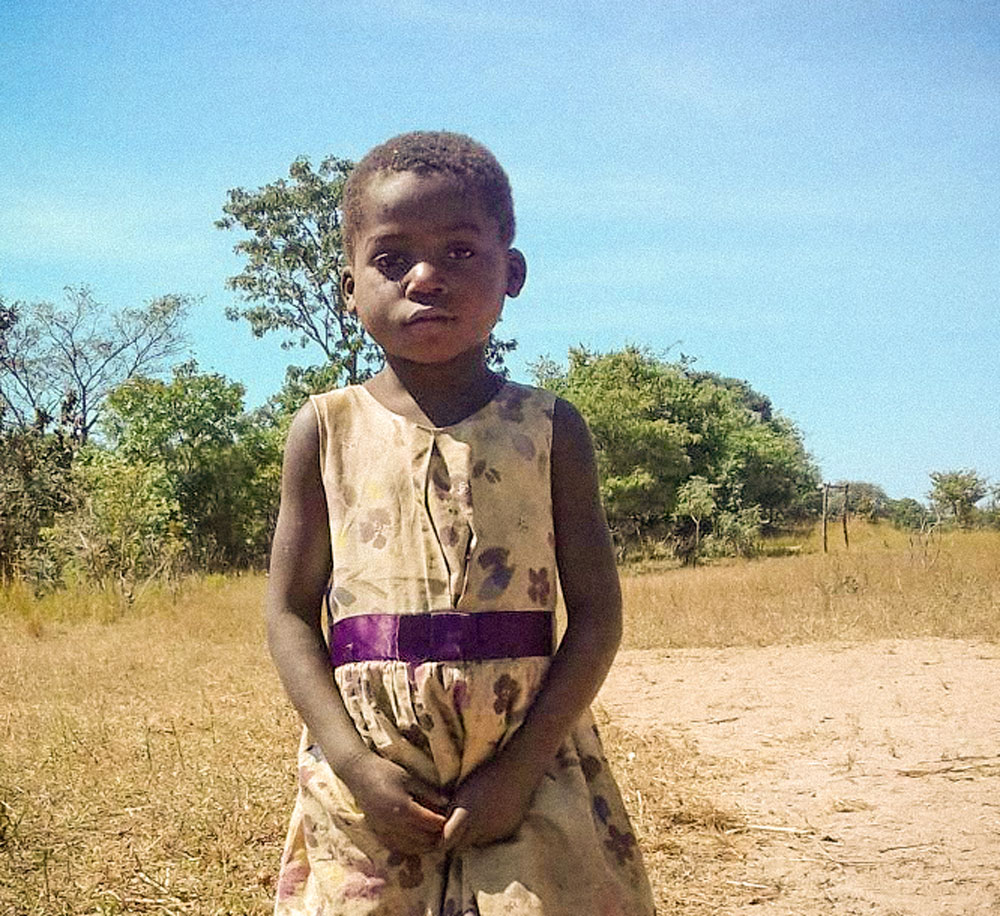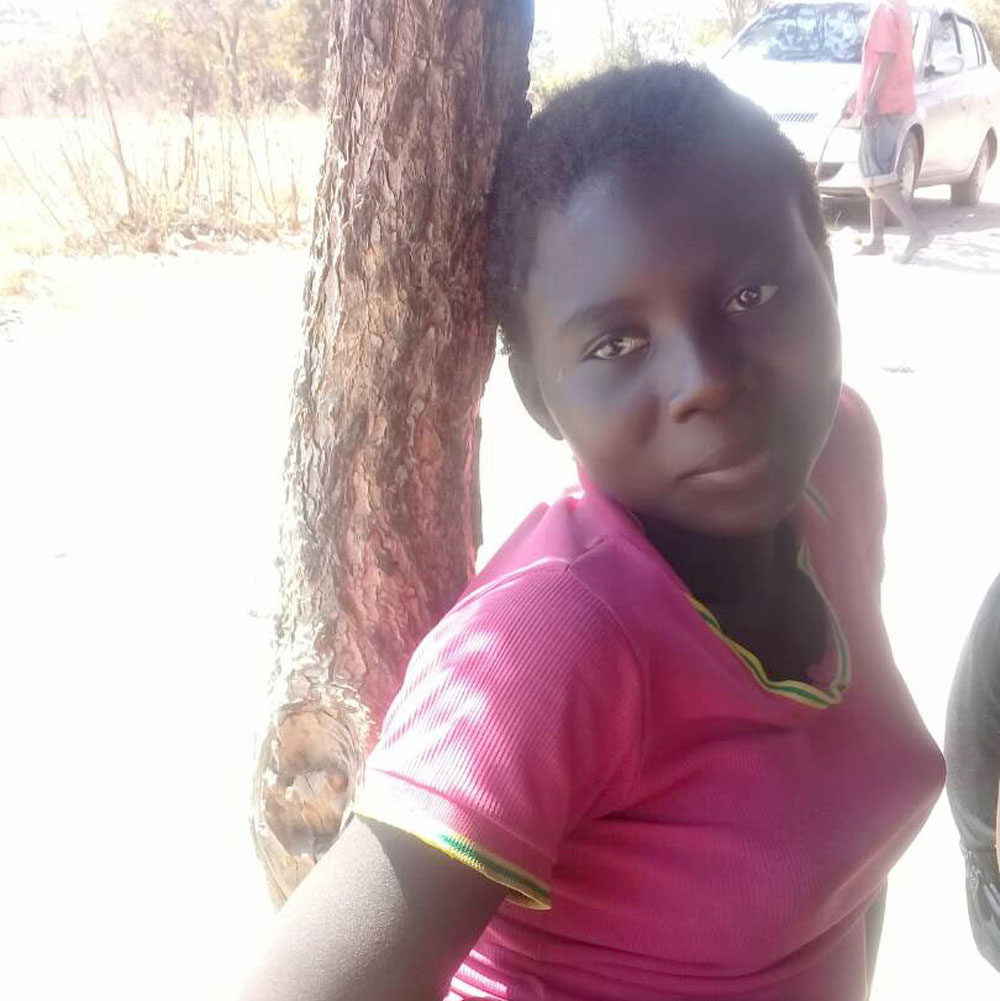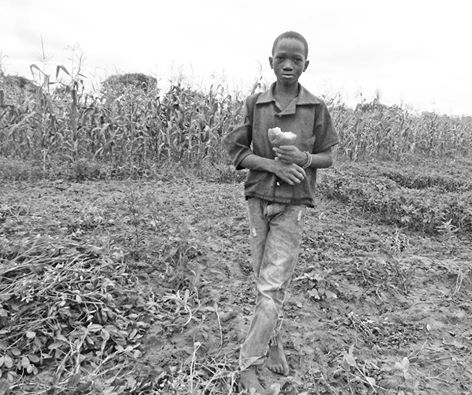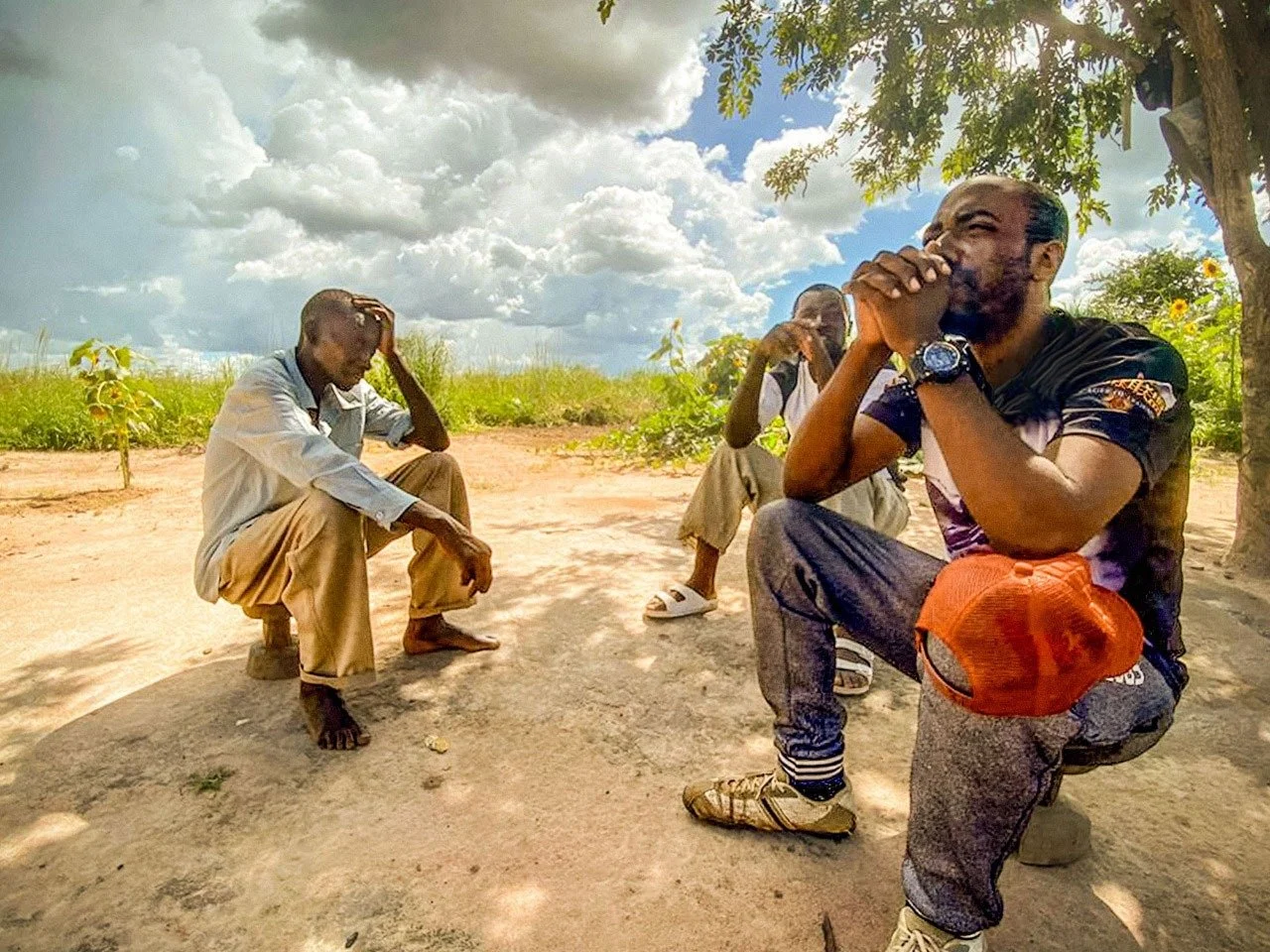The Story of Malakota Community
In 2005, a local Zambian couple from Kabwe visited Malakota and were deeply impacted by the way that people in this area were suffering, particularly the children. From their own resources, they wanted to empower the most vulnerable children by giving them the opportunity of a basic education, and so with the support of local church members, a small community school was constructed. In 2007, through their relationship with Hands at Work, a local pastor came to cast the vision of Hands at Work to Malakota. On hearing the Hands at Work vision, volunteer Care Workers came from all the local churches and began visiting people in the community who were sick. However, by 2009, the focus of the Malakota Community Based Organisation (CBO) had shifted from caring for the sick to caring for the ever-growing number of orphaned and vulnerable children in their community.
150 Children currently supported
29 Care Workers Coordinated by Joyce Muleya
Basic Services Started in 2011
48 km from the KABWE Local Office
In 2011, Hands at Work began officially partnering with the Malakota CBO and providing 50 of the most vulnerable with a hot, nutritious meal daily, as well as access to education and basic health care. By 2013, this number had risen to 100 children and in 2018 increased to 150 children. The distance to the nearest government school is completely out of reach for the most vulnerable children. Instead, the local Care Workers teach 150 children at the community school, right in the heart of Malakota.
With reduced amounts of rainfall in the summer months, streams often dry up and water levels in the community’s wells become low. Additionally, many people experience a shortage of food, as their harvests don’t always reach expected yields, resulting in even more extreme poverty and an inability for people to pay for food let alone school fees and other basic necessities. Frequently, parents, out of desperation, resort to marrying off their young daughters in an effort to provide some level of food security for their families. Recognising the damage that these early marriages cause, community leaders have united in an effort to protect the future of these young women.
Previously, the nearest reputable clinic was 42 kilometres away, making it inaccessible for most people, whose main source of transport is walking or bicycles. However, in August of 2020, the government built and opened a clinic in Malakota. This is a major improvement for the community’s access to health care, and an answer to prayer!
Within Malakota there are three ‘feeding points’ operating under the umbrella of the Malakota CBO. The purpose of having multiple feeding points is to limit the distance that the children have to travel between their homes and the Life Centre.
With the support of the local Hands at Work team in Kabwe simple but effective shelters have been built at each of the three-feeding point location in Malakota, to ensure that children can eat while staying dry during the rainy season.
The local Hands at Work team in Kabwe currently supports six Community Based Organisations, which exist to care for the most vulnerable in their communities. The office provides training, networking, and encouragement to those Community Based Organisations like Malakota. It also gives administrative support, including helping with funding proposals, monitoring and evaluation, bookkeeping and reporting to donors.
BE INSPIRED BY UPDATES FROM MALAKOTA COMMUNITY
